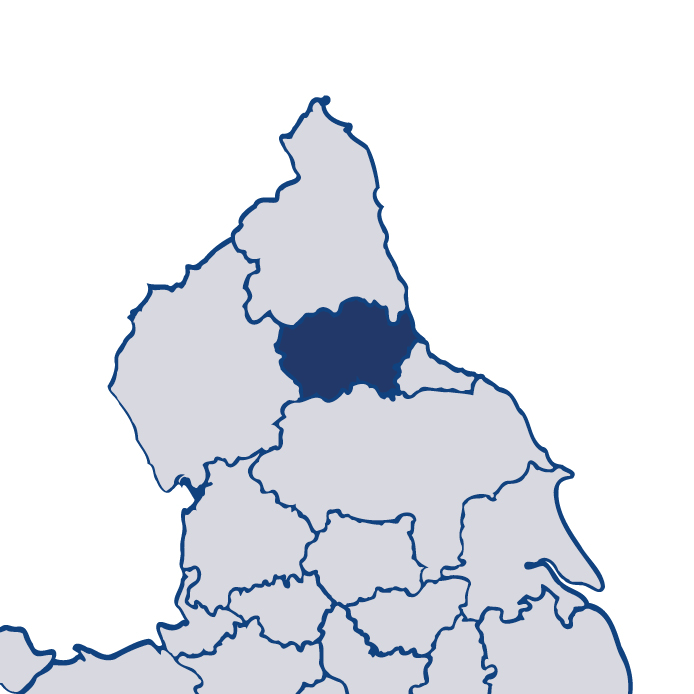Durham 2017
Read more about DurhamThis is HMICFRS’ fourth PEEL (police effectiveness, efficiency and legitimacy) assessment of Durham Constabulary. PEEL is designed to give the public information about how their local police force is performing in several important areas, in a way that is comparable both across England and Wales, and year on year. The assessment is updated throughout the year with our inspection findings and reports.
The extent to which the constabulary is effective at keeping people safe and reducing crime is outstanding.
The extent to which the constabulary is efficient at keeping people safe and reducing crime is outstanding.
The extent to which the constabulary is legitimate at keeping people safe and reducing crime is good.

Matt Parr, Her Majesty’s Inspector of Constabulary
HMI's observations
Read my assessment of Durham Constabulary below.
I congratulate Durham Constabulary on its excellent performance in keeping people safe and reducing crime.
The constabulary is good at protecting vulnerable people, and, in particular, at responding to and investigating offences involving vulnerable victims. I am also pleased to note that Durham has improved its crime-recording processes since our 2014 report.
It has a comprehensive understanding of demand and excellent plans in place for continuous improvement of all aspects of its business.
The constabulary treats the public and its workforce fairly and with respect. Senior leaders have developed an ethical culture and act as role models. Complainants to the constabulary receive a consistently good service, and investigations into allegations of discrimination are carried out to a high standard.
I commend Durham Constabulary for another strong performance this year and am confident that it is well equipped for this to continue in the future.
Effectiveness
How effective is the force at keeping people safe and reducing crime?
Efficiency
How efficient is the force at keeping people safe and reducing crime?
Legitimacy
How legitimate is the force at keeping people safe and reducing crime?
Other inspections
How well has the force performed in our other inspections?
In addition to the three core PEEL pillars, HMICFRS carries out inspections of a wide range of policing activity throughout the year. Some of these are conducted alongside the PEEL inspections; others are joint inspections.
Findings from these inspections are published separately to the main PEEL reports, but are taken into account when producing the rounded assessment of each force's performance.





